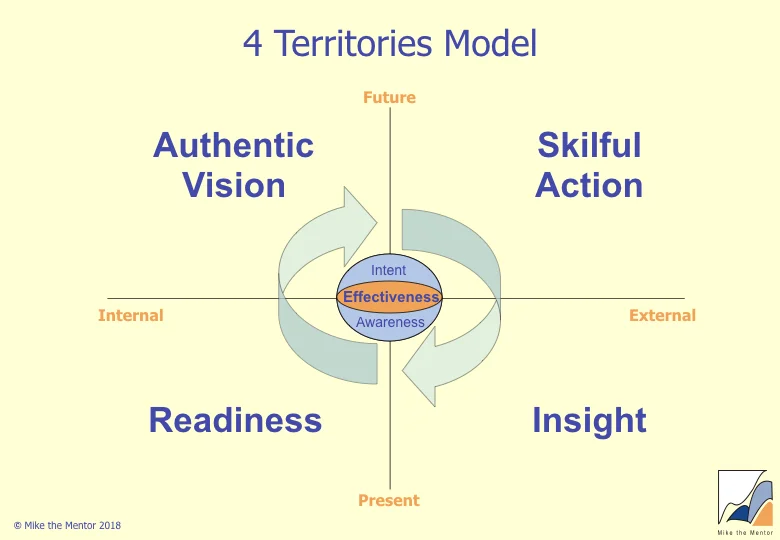The Paradox of Choice
/I'm a long-term Apple computer user. When I came to buy my latest laptop, I had a choice from 6 models (the entire Apple laptop range) and was able to easily and quickly choose the model that best matched my needs. If I had been a Windows user, it would have been very different. I would have had a choice of thousands of different laptops from hundreds of manufacturers. To make the best choice then would have been almost impossible - I’d have had to spend ages comparing and contrasting before making a decision but that, as I've discovered from Barry Schwartz's book The Paradox of Choice: Why More Is Less is because, at least when buying technology, I'm a maximiser.
Maximisers want to know that they've made the best choice that could be made. The only way to do this is to check out all the alternatives. As a decision-making strategy, maximising works fine when you only have a few options but quickly becomes impractical as the number of options increases.
The alternative is to be a satisficer. To satisfice is to settle for something that is good enough and not to worry about the possibility that there might be something better. So a satisficer decides on her criteria and standards, searches until she finds an item that meets those standards, and at that point she stops.
Being a maximiser has several drawbacks. After they have made a selection, maximisers are nagged by the options they haven't had time to investigate. Not only are maximisers likely to say “If only I had gone to one more shop / listened to Mike's advice /…” they are also likely to experience regret in anticipation of making a decision, imagining how they will feel if they discover that there was a better option available! Also the more options they look at, the easier it is to imagine alternatives that don't exist but which combine all the best features of each option.
In the end maximisers are likely to get less satisfaction out of their choices, even though in objective terms they may have made a better choice. Indeed, maximisers experience less satisfaction with life, are less happy, are less optimistic, and are more depressed than satisficers.
But whilst maximisers in particular suffer more from a surfeit of choice, too much choice is a problem for us all.
As Schwartz points out, when we have no choice, life is unbearable. As choice increases, as it has in our consumer culture, the autonomy, control and liberation this variety brings are powerful and positive. But as the number of choices continues to increase, negative aspects of choice appear and, as the number of choices increases further, we no longer are empowered by choice but tyrannised! Just because some choice is good, it doesn't mean that more choice is better.
The paradox is that, whilst with limitless choice we produce better results with our decisions than we would in a more limited world, we feel worse about them!
So, what we can do to be more satisfied with our choices and help our coaches to be more satisfied with theirs?
Recognise that what is most important to us most of the time is not the objective results of decisions, but the subjective results. Since an overabundance of options is likely to lead to worse subjective results we must pass up opportunities to choose and restrict the options we consider.
Shorten or eliminate deliberations about decisions that are unimportant to you
Learn to accept good enough (be a satisficer, not a maximiser)
Limit how much we think about the attractive features of options we reject
Unless we're truly dissatisfied, stick with what we always buy
Practice an attitude of gratitude - consciously strive to be grateful for what is good about a choice or experience, and to be disappointed less by what is bad about it.
At one of the Schumacher Lectures in Bristol I heard the radical architect Christopher Alexander speak. His criterion for choosing one piece of architecture over another? He asks himself "In the presence of which do I feel more whole?" or "Which is more like a picture of my soul?" Now that's a way to make great choices!

